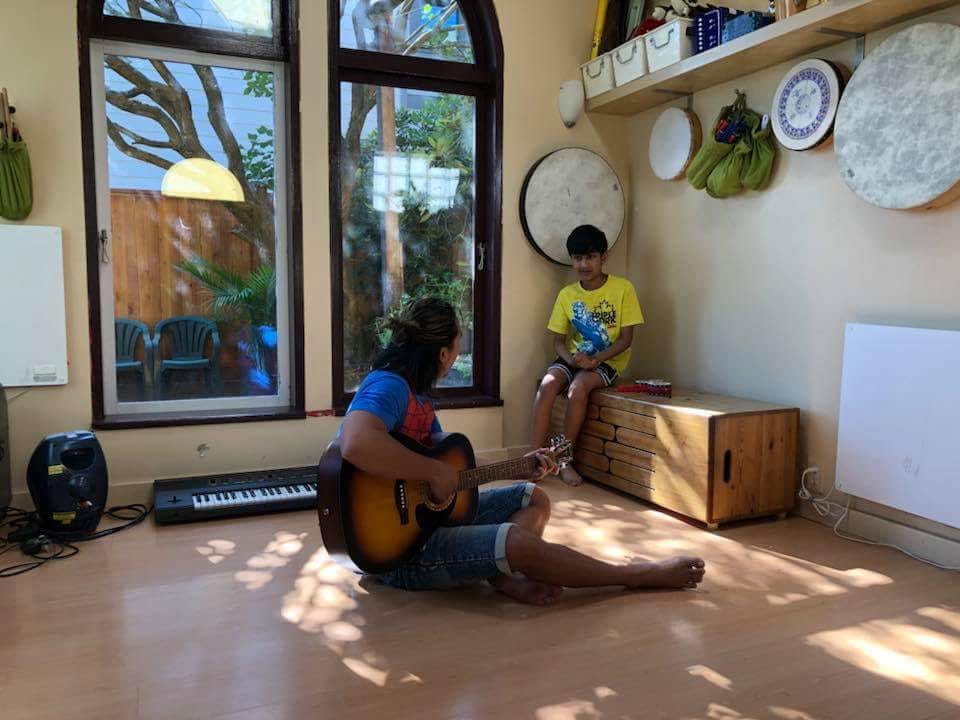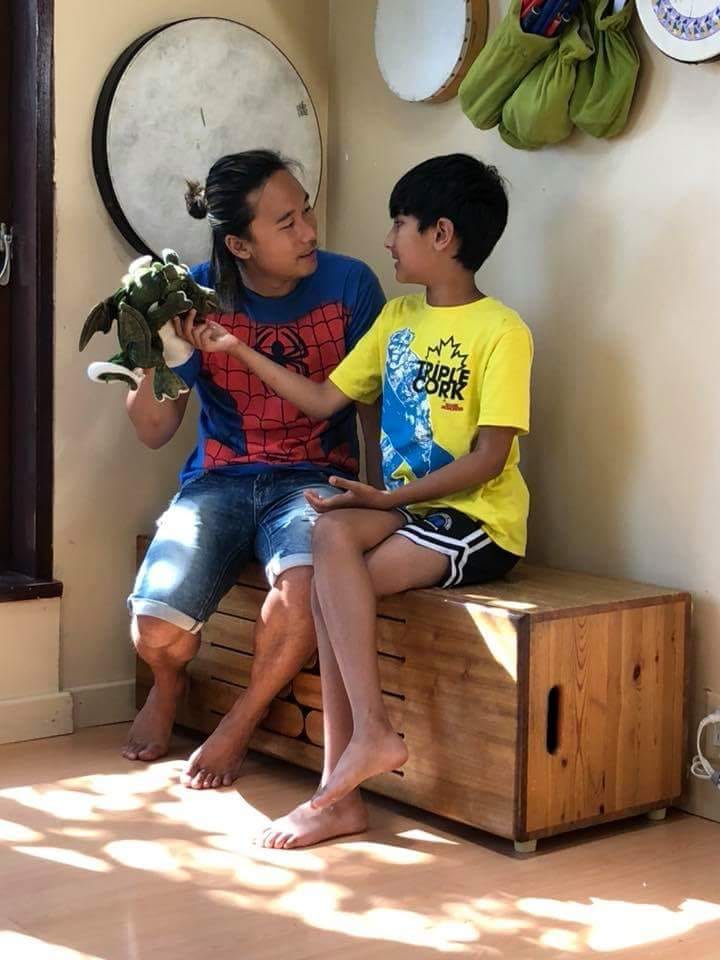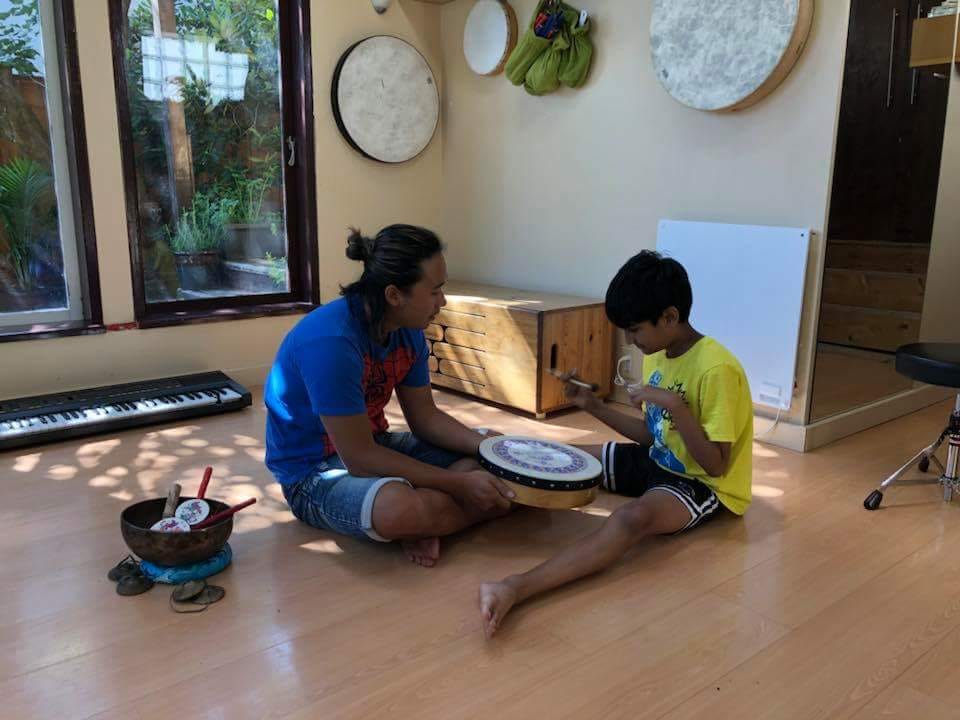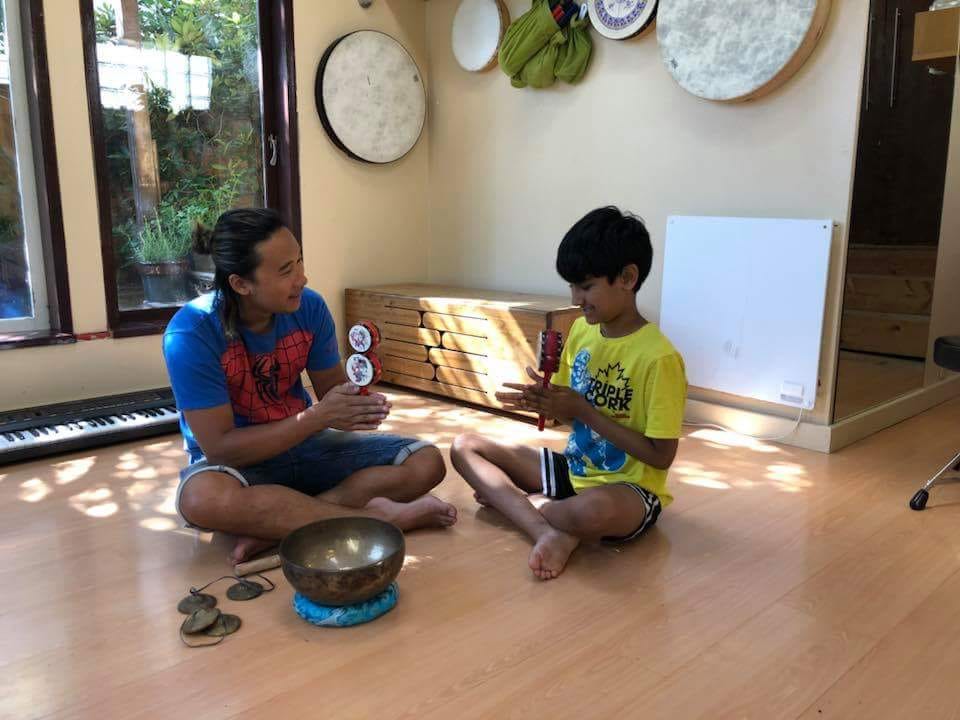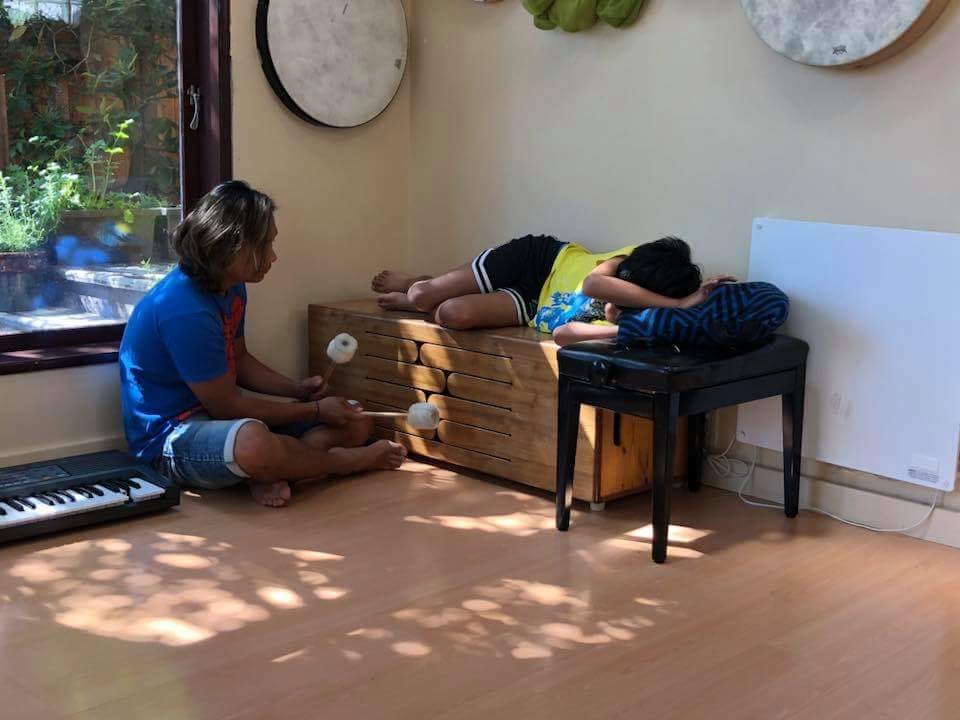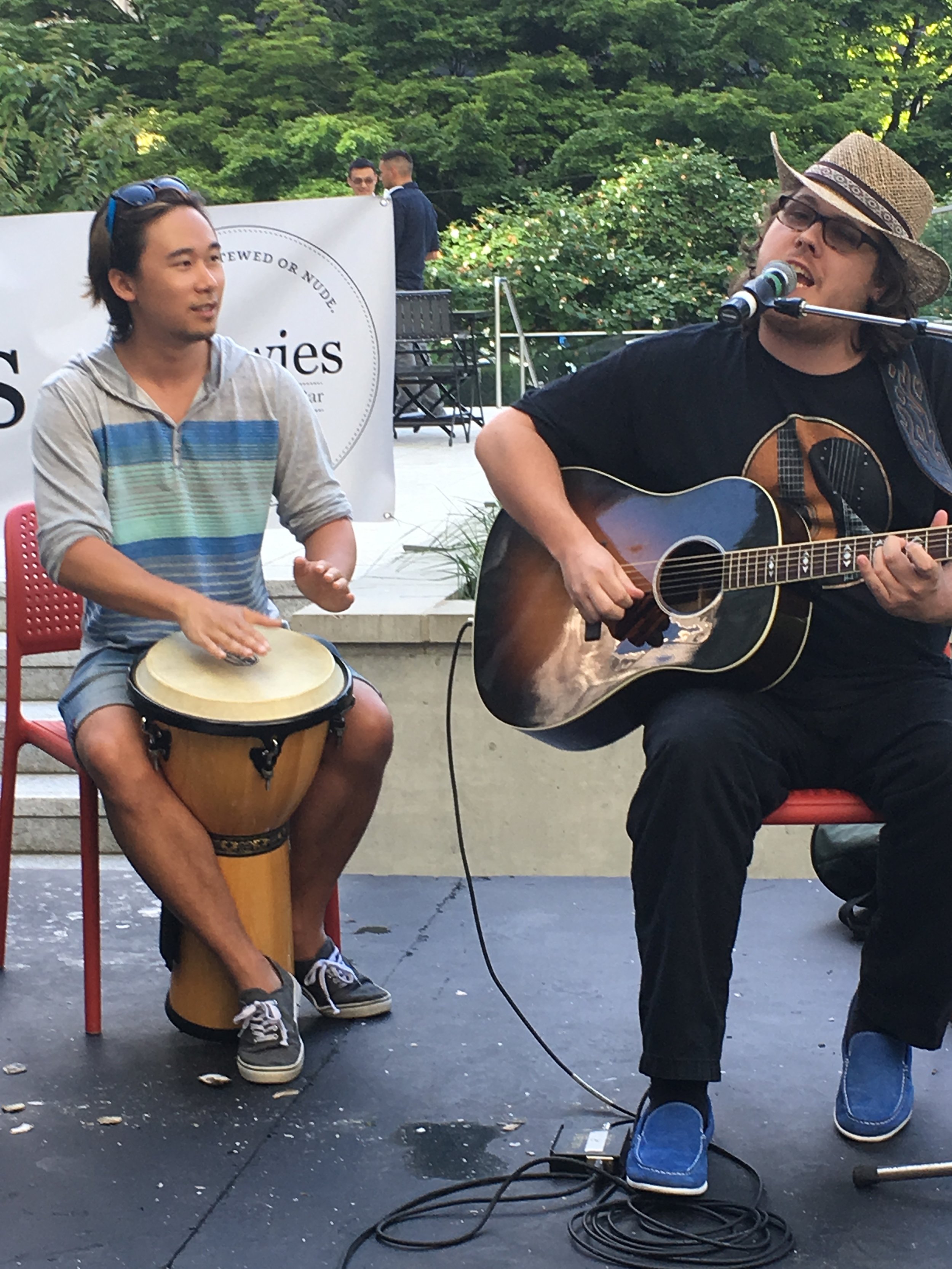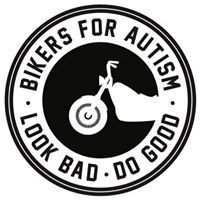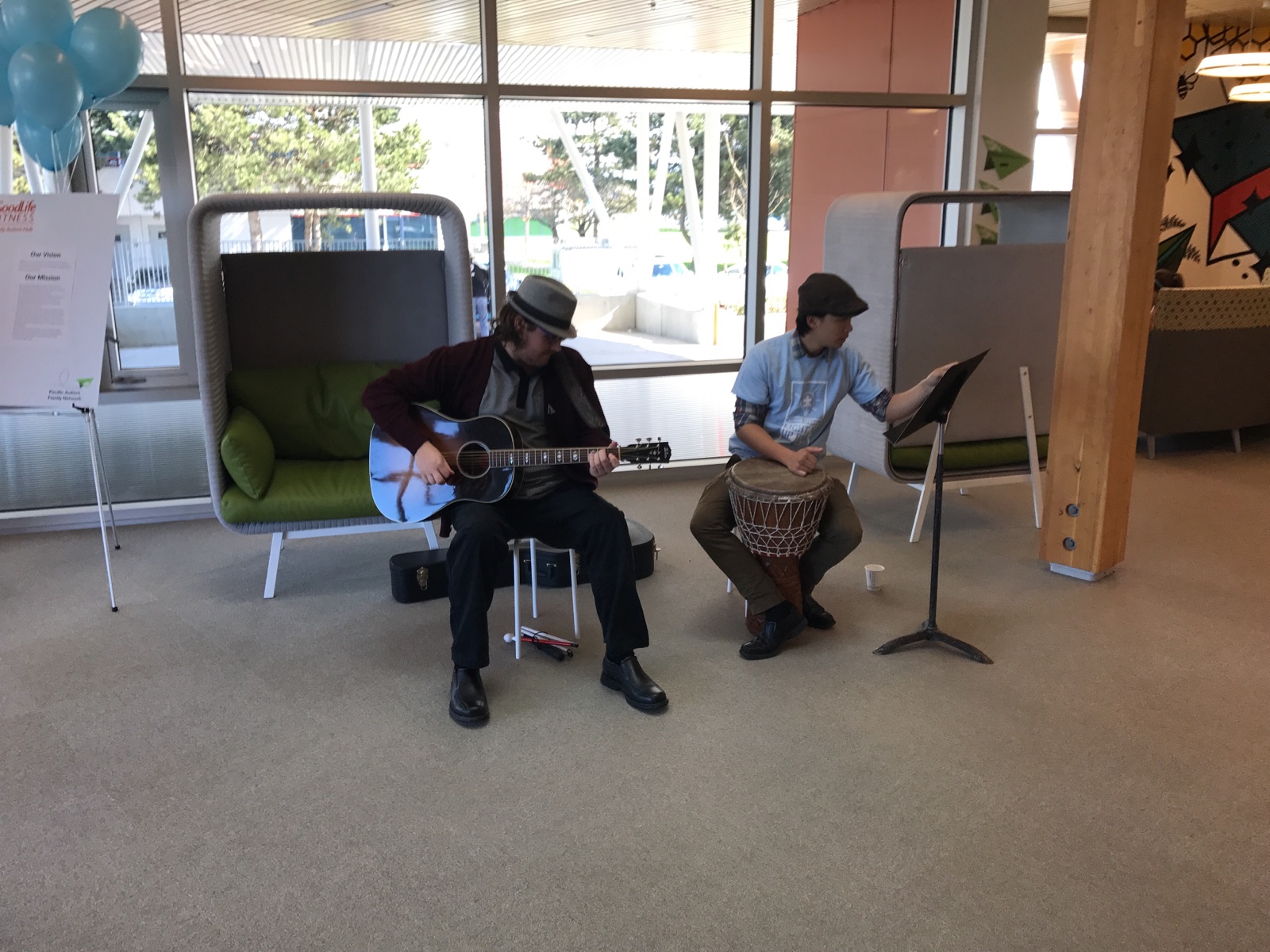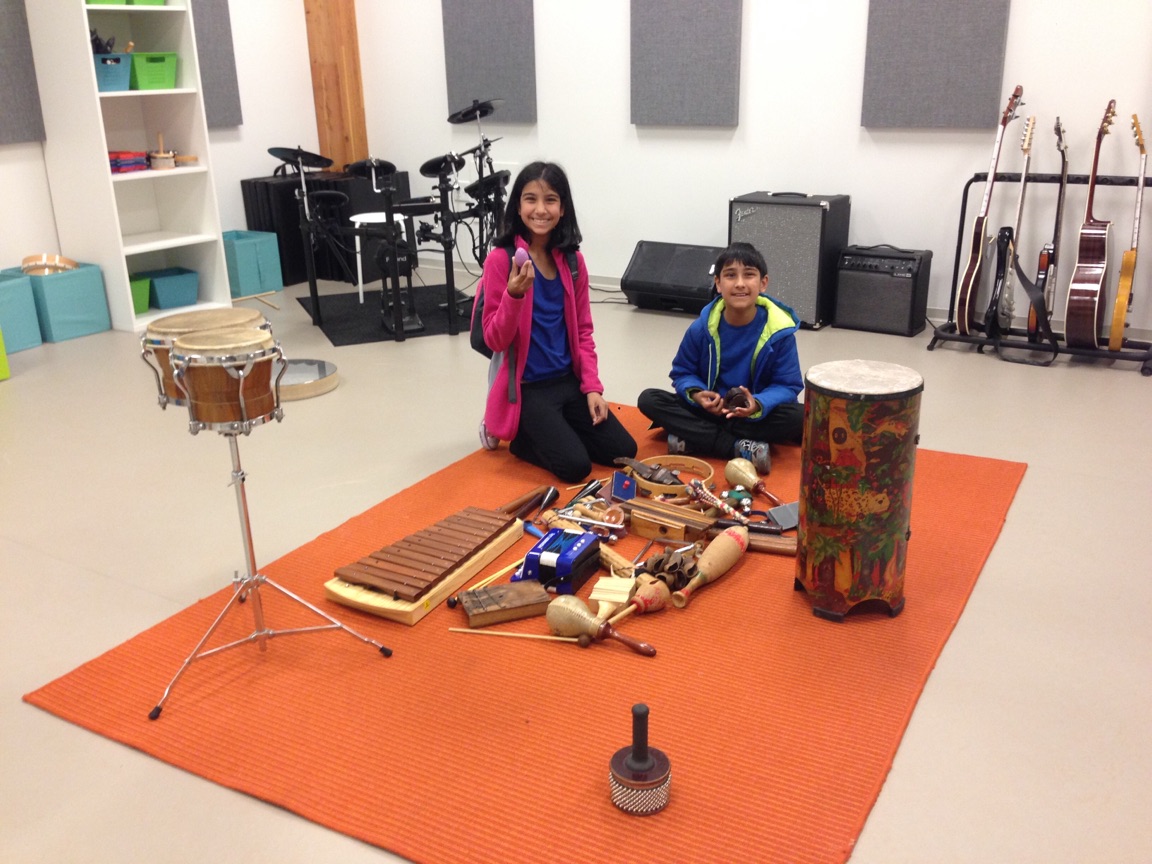Here’s a simple definition:
Music therapy focuses on non musical goals THROUGH music!
Music therapists target the same skill development areas as speech therapists, behavior consultants, and occupational therapists, addressing needs like self-regulation, attention span, motor skills, language acquisition, social skills, impulse control, sensory integration, and more. Most humans on the planet have a connection to music, making it an effective catalyst for positive change. In a music therapy session, multiple skills are often addressed simultaneously. For instance, when a child actively plays a drum, they're not just making music—they’re also working on eye-hand coordination, self-expression, conversational skills, and perhaps even crossing the midline.
Research shows that engaging in music activates various parts of the brain, including the temporal lobe, limbic system, auditory cortex, and motor cortex. At ET Music Therapy, we believe that when learning is driven by a child’s intrinsic motivation and curiosity, they’re more likely to deeply integrate new skills. Music provides a joyful and engaging way to foster this growth.
Are music lessons a part of sessions?
Music therapy can include adapted music lessons on instruments such as piano, voice, guitar, drums, and even violin! For younger children, we may incorporate a portion of the session as a formal music lesson, depending on the child’s level of engagement and attention span. This could range from a 20-minute segment to an entire session. Typically, children are developmentally ready for music lessons around age six.
So, how do these lessons differ from standard music instruction? Our therapists are trained to recognize and respond to sensory issues, levels of arousal, engagement, and other individual needs. For example, we might pause a lesson to engage in gross motor movement to help a child maintain focus and enthusiasm. For older children, teens and adults, the lesson segment might occupy the entire hour.
What training do music therapists have?
Music therapists hold a minimum of a Bachelor of Music Therapy degree or its equivalent. Their education covers a broad range of subjects, including psychology, childhood and adult disabilities, counseling techniques, and extensive music instruction. This specialized training equips them to tailor their therapeutic approach to each individual's unique needs. And of course, music therapists have completed many years of music instruction, prior to becoming a music therapist.
What does a session look like?
Music therapy sessions are weekly, dedicated 1 hour session time slots with the same music therapist, to build trust, rapport and relationship.
For younger kiddos, sessions are bookended with a hello and goodbye song. Hello songs help orient a child to the therapy space. Goodbye songs help transition the child comfortably out of the session.
The "meat" of the session is highly flexible and responsive to the child’s needs. The therapist and child work together to decide on session activities, often using a visual schedule with pictures representing different music therapy experiences. These may include structured music games with visual reinforcers, improvisation, or exploring various musical instruments.
Music therapy sessions are always personalized to match the individual’s musical preferences, a collaborative experience between the therapist and the individual. We meet in the music.
To schedule a phone chat about our program, fill out a contact us form:





